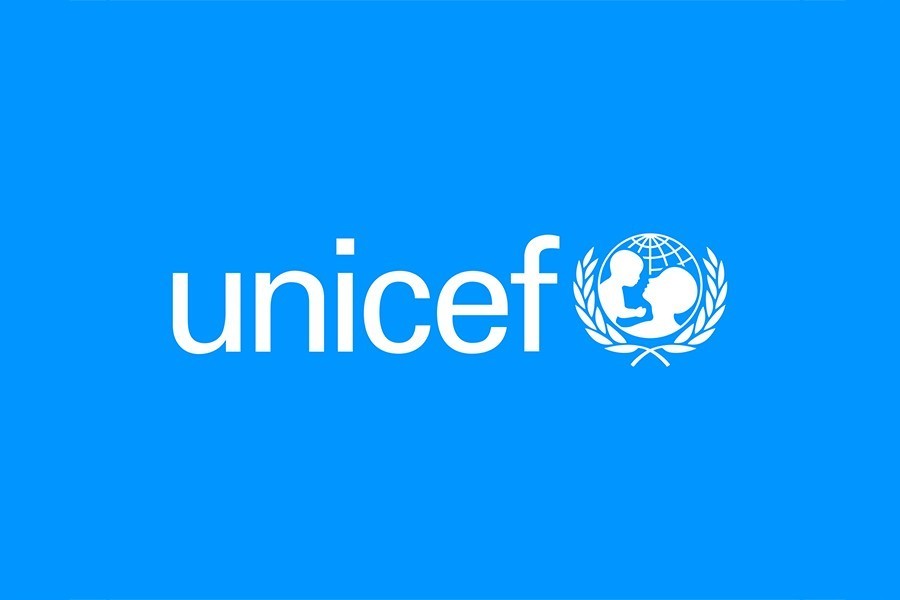More than 45,000 children were released from detention and safely returned to the family or an appropriate alternative since the start of the COVID-19 pandemic, according to new data released by UNICEF on Monday.
In Bangladesh, the number of detained children increased when all court proceedings, including Children’s Court proceedings, were postponed in March 2020 due to the pandemic.
The postponement of these proceedings led to the temporary detainment of three times the capacity of juvenile detention centres.
However, since May 2020, over 5,300 children – nearly 12 per cent of the global figure – have been released from detention centres through virtual Children’s Courts. The age of criminal responsibility in Bangladesh is 9 years compared to the global recommendation of 14 years.
“Through the introduction of virtual courts during the pandemic, Bangladesh has played an exemplary role in ensuring the welfare of children. Detention facilities are not well equipped to provide for the needs of children, and the overcrowding of these centres during COVID-19 compounded the risks they face when detained,” said Sheldon Yett, UNICEF representative to Bangladesh.
“We urge the government to retain the virtual courts for children beyond the pandemic. This is cost-effective, ensures speedy trials and prevents children’s exposure to the adverse environment of court premises. The low rates of conviction and re-offence highlight the need for continuing the work of reforming the justice system for children. We must remember, no one benefits when children are detained,” Mr Sheldon said.
Detention of children in the time of COVID reveals that governments and detaining authorities in at least 84 countries have released thousands of children since April 2020 when UNICEF drew attention to their increased risk of contracting COVID-19 in confined and overcrowded spaces, and called for their immediate release.
The study is one of two analyses that illustrate the situation for hundreds of thousands of children deprived of their liberty every year.
Both reports are released ahead of the World Congress on Justice with Children.
“We have long known that justice systems are ill-equipped to handle the specific needs of children – a situation further exacerbated by the COVID-19 pandemic,” said UNICEF Executive Director Henrietta Fore.
“We commend countries which heeded our call and released children from detention. By protecting children from conditions that could have exposed them to grave illness, these countries were able to overcome public resistance and spur innovative, age-appropriate justice solutions. This has proved something we already knew – child friendly justice solutions are more than possible,” Fore said.
Children in detention – including in pre- and post-trial custody, immigration detention, held in relation to armed conflict or national security, or living with parents in detention – are often held in confined and overcrowded spaces.
They lack adequate access to nutrition, healthcare and hygiene services, and are vulnerable to neglect, physical and psychological abuse, and gender-based violence. Many of them are denied access to lawyers and family care, and unable to challenge the legality of their detention, the UNICEF analysis said.
COVID-19 has profoundly affected justice for children, shuttering courts and restricting access to essential social and justice services. Evidence shows that many children, including children in street situations, have been detained for violating pandemic curfew orders and movement restrictions.


